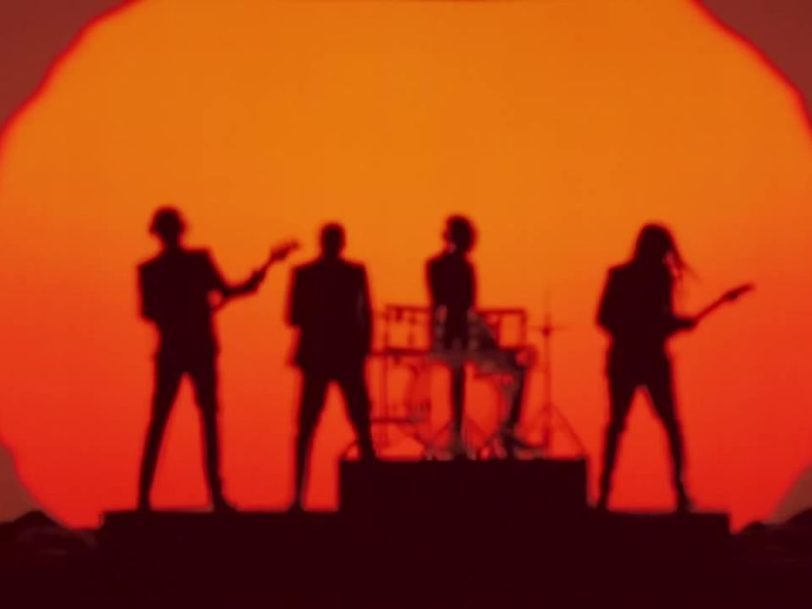One of the best songs of the 21st century, Daft Punk’s Get Lucky took the world by storm in the spring of 2013. Upon its release, the chart-topping hit was embraced as an instant classic, and its irresistible groove and catchy chorus have since been a mainstay on dancefloors across the globe. At the heart of Get Lucky’s success lies the creative collaboration between the French house duo Thomas Bangalter and Guy-Manuel De Homen-Christo and two musical legends: Chic guitarist Nile Rodgers and The Neptunes’ producer Pharrell Williams.
Together, this dream team brought their diverse talents and influences to the table, bridging the worlds of dance music, funk and R&B to create a song that was both retro and futuristic, as well as being timeless and fresh. Here is the story of how Daft Punk hit the jackpot with Get Lucky.
Listen to the best of Daft Punk here.
The backstory: “These things are impossible to create with machines”
Aiming to challenge the norms of modern music production, Daft Punk had a very clear concept in mind for their 2013 album, Random Access Memories. After revolutionising electronic dance music with their unique brand of French house across a trio of records, Homework, Discovery and Human After All, the mysterious “robots” (aka Thomas Bangalter and Guy-Manuel De Homem-Christo) set out to create an album that had a live and organic feel, abandoning the computer-based convenience of Pro Tools and Auto-Tune in favour of real and authentic instrumentation. “It’s an infinity of nuance, in the shuffles and the grooves,” Bangalter said in an interview with The New York Times, explaining what they wanted to achieve. “These things are impossible to create with machines.”
Reflecting their desire to evoke the mirrorball fantasia of 70s funk, soul and disco, Bangalter and Homem-Christo called upon the talents of legendary Chic guitarist Nile Rodgers to help realise their vision. “They wanted the classic Nile, almost like we were doing a record back in the day,” Rodgers told GQ magazine. Flying out to Electric Lady Studios, in New York City, Daft Punk played Rodgers some initial demos, but the guitarist suggested they work together to come up with something new instead. “As a studio musician, I make records on the spot,” Rodgers explained to the guitar manufacturers Fender. “I don’t know what song I’m going to play before I get there, but when I get there, what I try and do is try and come up with the most clever part as quickly as possible.”
Known for his ability to create hits on the fly, Rodgers worked up a dazzling chord arrangement and laid down a funky guitar riff that became the foundation for Get Lucky. The song, at this point, was little more than a groove-based instrumental, but Bangalter and Homem-Christo knew they had something special on their hands. Rodgers’ creative approach to guitar playing not only evoked the timeless feel of the best Chic songs, but it also became the Trojan horse that Daft Punk needed to bring their game-changing musical concept to life.




